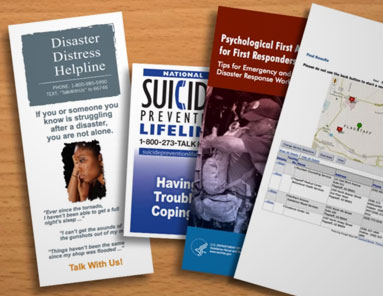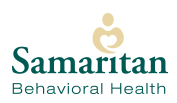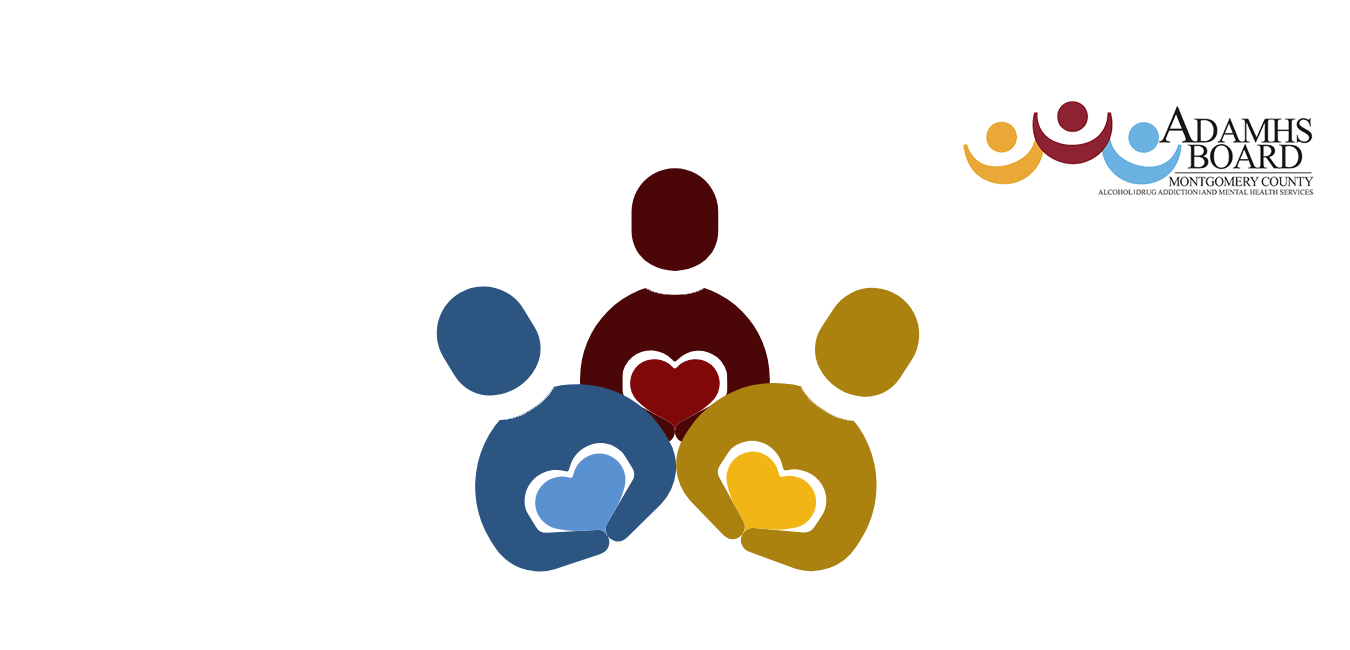Disaster Distress Helpline
It is with great sadness and solemnity in the wake of recent tragedies that SBHI share resources from our partners with the Disaster Distress Line. Unfortunately, all of our communities need to be prepared to respond whe...
 It is with great sadness and solemnity in the wake of recent tragedies that SBHI share resources from our partners with the Disaster Distress Line. Unfortunately, all of our communities need to be prepared to respond when tragedies such as this occur.
It is with great sadness and solemnity in the wake of recent tragedies that SBHI share resources from our partners with the Disaster Distress Line. Unfortunately, all of our communities need to be prepared to respond when tragedies such as this occur.
The event cannot be changed but the supports that are put in place in the aftermath of traumatic events can mitigate the long term impact.
Below are resources from the national Disaster Distress Helpline/MHA-NYC to support immediate and long-term recovery following recent tragedies.
Disaster Distress Helpline: Overview
The Disaster Distress Helpline (DDH) is a program of the U.S. Substance Abuse and Mental Health Services Administration (SAMHSA) which provides crisis counseling and support for anyone in the U.S. experiencing distress or other behavioral health concerns related to any natural or human-caused disaster. Calls (1-800-985-5990) and texts (text “TalkWithUs” to 66746) are answered by a network of independently-operated crisis centers around the country, who provide psychological first aid, emotional support, crisis assessment and intervention, and referrals to local/state behavioral health services for follow-up care & support.
Behavioral Health Resources re. Incidents of Mass Violence
- See attached for a summary of DDH services/information + a .pdf copy of the DDH brochure that can be forwarded to contacts or printed for use as a resource, including during the days/weeks/months ahead as distress symptoms may not emerge immediately, or may be triggered by ongoing media exposure.
- Please note that bulk copies of DDH brochures, wallet cards and/or topical brochures on common mental health concerns experienced by those impacted by incidents of mass violence (trouble sleeping, grief/loss, PTSD, etc.), in English and Spanish, can be sent to you/other contacts at no cost; if you/contacts are interested in receiving additional copies, contact me via the information provided and we’ll coordinate from there.
- The SAMHSA DDH website has a page dedicated to Incidents of Mass Violence distress risk factors and warning signs + resources for coping that can be added to any online resource web pages created in relation to this incident.
- Finally, please help us reach those who may be experiencing distress from the shootings via official agency/personal social media accounts by using the following template (which can be adapted as needed):
- @Distressline 1-800-985-5990 / text “TalkWithUs” to 66746 offers 24/7 emotional support for anyone in distress after shootings in #Orlando
- @Distressline 1-800-985-5990 distress warning signs & coping resources following incidents of mass violence
SAMHSA
- SAMHSA Disaster Behavioral Health Responder App http://store.samhsa.gov/apps/disaster/
- SAMHSA Tips for Talking With and Helping Children and Youth Cope After a Disaster or Traumatic Event: A Guide for Parents, Caregivers, and Teachers http://1.usa.gov/1D8mkrW
- SAMHSA Disaster Technical Assistance Center’s Disaster Behavioral Health Information Series: Resources for behavioral health providers, others supporting those impacted by terrorism: http://1.usa.gov/1XQ6cLb
Additional Resources
- The National Child Traumatic Stress Network (NCTSN) compilation of resources for parents, caregivers & educators re. terrorism http://bit.ly/1OjMXpG
- American Psychological Association (APA) Managing your distress in the aftermath of a shooting http://bit.ly/1dO88P8
- Common Sense Media Explaining the News to Our Kids http://bit.ly/1rkqho2
- Tips for parents and caregivers regarding talking with kids about current events, broken down by developmental stages (young children to older teens).
- Common Sense Media is a national organization led by concerned parents and individuals with experience in child advocacy, public policy, education, media and entertainment.

 hover background
hover background

